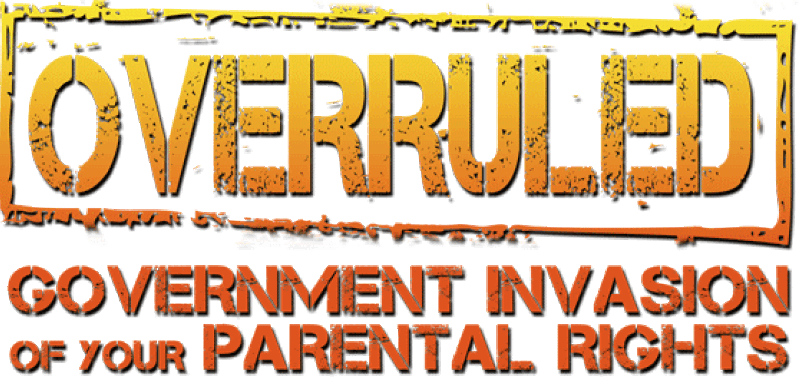
The UN Convention on the Rights of the Child is, after a seemingly silent period, emerging into public notice once again. Established two decades ago as an ambitious charter with the stated purpose of ensuring children's rights around the globe, nearly every government throughout the world has embraced its terms-that is, with the exception of the United States. Certain Americans, however, feel compelled to voice their acceptance of the charter. Prominent figures such as Vice President Joe Biden and present, presidential candidate Hillary Clinton comprise perhaps two of its most unabashed and motivated supporters. The document is attractive because of its claim to preserve the domestic and public safety of children; what is easily overlooked by casual readers, however, is the vage legal language and the convention's imbalanced perspective regarding governmental authority and familial rights.
Should the United States submit to the convention's terms, children ages eighteen and younger would possess, upon the authority of States Parties, "a standard of living adequate for the child' s physical, mental, spiritual, moral and social development (Article 2,1)," the right to "mandatory education involving primary levels (Article 28, 1(a))," the "right to moral and religious liberation as indicated by law (Article 14, 3)," and "protection against imposition in consideration of privacy (Article 16, Section 1)." Within this frame of order, the child's welfare would ultimately originate and progress from the consciences of politicians. According to these assertions, parents are not to interfere with their children's moral convictions or privacy-a factor which could encourage minors' access to abortions independent from parental knowledge, access to pornography, and state-regulated education. Parental direction in morality would be limited by governmental insistence of privacy rights. Social workers---and others deemed worthy by the Convention---would inherit the business of supplementing parental authority according to their discernment, becoming familial spectators and wedging imposition whenever parents are considered insufficient providers.
The major defect with this convention is not a question as to whether or not the child is entitled to certain rights. As a Christian, I firmly believe that all children are inborn image-bearers of the only true God, and are entitled to every God-given privilege to humankind. No, the matter within dispute rests in a proper analysis of whether or not the government should be given access to our families, familial rights, and parental authority. In short,why should States Parties perceive themselves more capable of parenting than the parents themselves?
The two purposes of government were intended primarily to reflect justice in punishment, and to preserve what our forefathers regarded as certain unalienable rights. These rights were viewed not as legalities discharged by any earthly rulers, but characterized liberties imparted by the Creator. These liberties equate what are simply known as natural rights-rights which are instilled from conception, and cannot be denied. Our forefathers derived their understanding of natural rights from the principle underlying Genesis 1:26-that men are created reflections of God. Within this principle, God simultaneously instituted marriage and parenthood, demanding the sexes to procreate. Parenthood is a natural right-a right not to be impinged upon by man, but a covenantal responsibility to God. Any transcendence of such a right signifies a deified and misrepresented comprehension of government. It may surprise some people to know that Scripture always connects training and educational duties with the children's parents. The writings of King David and Solomon repeatedly endorsed parental guidance in order that future generations might know God (Proverbs 1:8). How is this freedom of child rearing to continue when parents are no longer sole executors in guiding their children?
When examined, the UN Convention on the Rights of the Child suggests a socialistic undertone. A socialist government asserts the desire that everyone be treated in corporate measure, and that government assumes the position as sole Benefactor and Sovereign over men. Note Sir Thomas More's infamous work, Utopia; its pages envision a society in which everyone is endowed equally. Every person is directed in both personal and religious life by their governing factors. This ideology may strike the reader as an advantageous concept-especially when the less fortunate are considered. Think again, however, about the ultimate result of such living: the government would own all, distribute all, and decide all. This is nothing short of communism in which all free and individual thought is suppressed and discouraged.
The prohibition of this charter depends upon the action and voice of "We, the people." In order for parents to maintain familial rights, the U.S. Senate must be notified of your support for a Parental Rights Amendment. Hillary Clinton has been a staunch advocate for this Charter and has made it very clear that its approval is at the top of her ambition if she wins the position of commander-in-chief. Please cast your 2016 vote in a way which would uphold the precious essence of Life and Parenthood.







